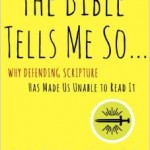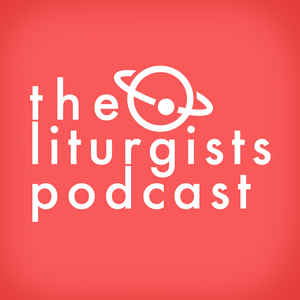Today’s “aha” moment, the 17th in the series (and counting) is by T. Michael W. Halcomb (Ph.D., Asbury Theological Seminary, in New Testament), founder of the Conversational Koine Institute, a language teaching outfit that seeks to help folks learn ancient languages via a conversational and immersive approach. He has four degrees in biblical studies and has authored nearly a dozen books, including his most recent, Mark: GlossaHouse Illustrated Greek-English New Testament. Halcomb’s website and blog can be found at http://MichaelHalcomb.com. ******** My... Read more













